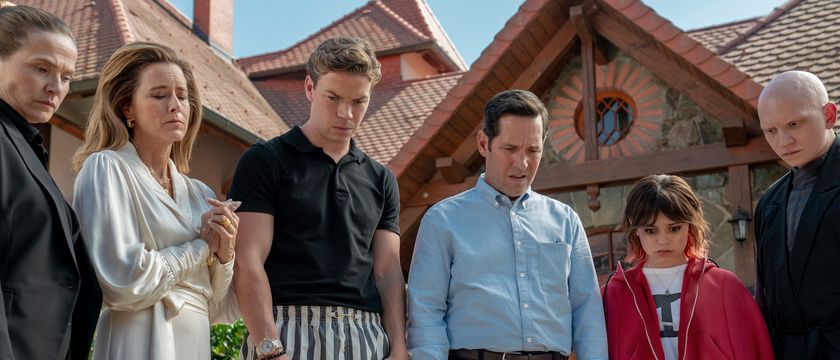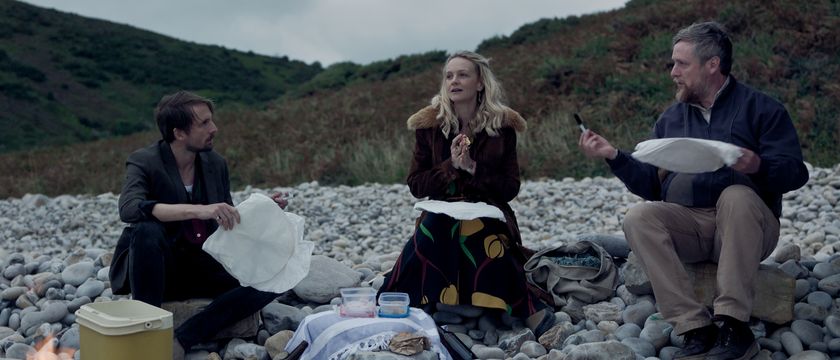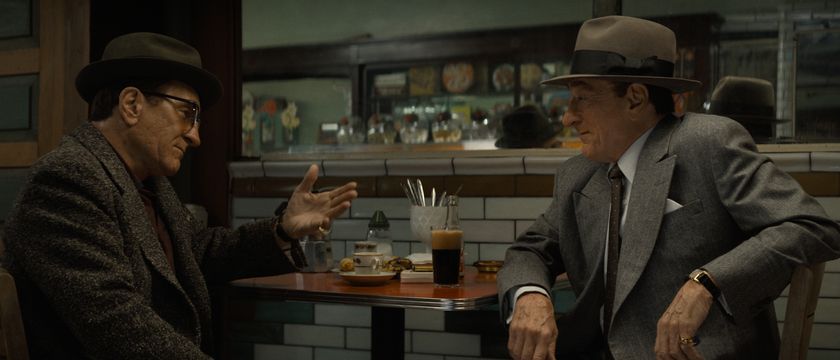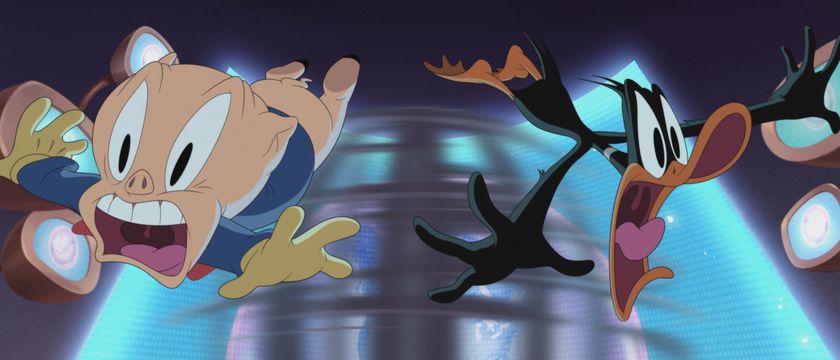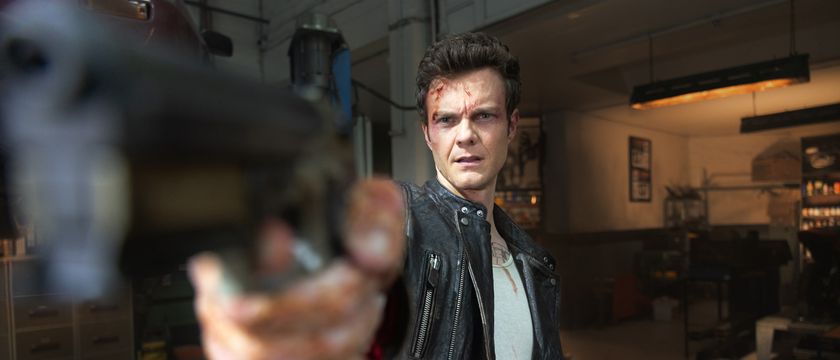It’s been a full 24 hours since I watched Excision, and I’m still uncomfortable. I can’t tell if I’ve been told what it’s like to be crazy, a no holds barred humanitarian, or a late-blooming woman, but it wasn’t quite effective in any of those ways. Because this was director Richard Bates Jr.’s feature debut (adapted from his short film), there’s no way to judge if this is a bad director’s great film, or a great director’s bad film. I’m split right down the middle, and no one gave me any anesthesia. On paper, the character Pauline, as portrayed by AnnaLynne McCord, fits solidly into a cross molding of a disassociate teenager from an indie mumblecore flick mixed with every female character who realizes at the end of a thriller that she’s the one who’s been crazy the whole time. There are no twists here, though, and the ending is far more tragic than something labeled a “horror comedy” should ever approach. McCord, as convincing and compelling as she is, presents Pauline as the most miserable person in the room at all times. Her methods of being quirky include obsessions with cold sores and causing herself to throw up on people. While this is a suitable description of a minor character, it’s tough to follow Pauline for ninety minutes without absolutely despising her by the end.
Maybe that’s the point, though. She’s plagued by increasingly violent dream imagery (the high points of the film) involving drastic surgical procedures, from which the masterful theatrical poster was pulled. But these thoughts inspire her, rather than alarm her. She treats her mother Phyllis (Traci Lords) like a pariah, treating simple guidance towards manners and etiquette as if they were a captor’s demands. She gets along with her father Bob (Roger Bart), but doesn’t respect him enough to shield him from her disturbed behavior. Possibly the only person who isn’t completely put off when Pauline is around is her sister Grace (Ariel Winter), but Pauline isn’t even able to consistently interact with Grace without ruining something. Winter plays a subdued version of her precocious character on Modern Family, and due to medical problems with her lungs, is the only sympathetic character in the entire movie.
Pauline is disliked at school as being too weird for the girls and too ugly, and also weird, for the boys. She has pimples on her face that appear to come and go as they please (I'm not sure if this is a continuity gaffe). She sets up a tryst with schoolmate Adam (Jeremy Sumpter), and neither has their expectations met by the other, to say the least. She frustrates almost everyone around her, including school faculty and psychiatrists as played by Malcolm McDowell, Matthew Gray Gubler, John Waters, Ray Wise, and Marlee Matlin. If only John Waters would have been playing the role of Pauline.
The story is partly driven by Pauline’s insistence that her problems are psychological and are in need of professional medical help. Her parents, meanwhile, are unwilling to allow it, seeing it as a useless expense. But Pauline’s problems are hardly ambiguous, so this plotline feels especially out of place among all the others. As a way of centering the character, Pauline becomes obsessed with finding out how to cure Grace’s ailments, and it’s that lone character motivation that feels completely natural.
So I guess it’s a matter of how audiences are intended to see and experience Pauline. She is certainly memorable, and will stick in my mind any time I see McCord act in the future. But she isn’t enjoyable. In the commentary, Bates discusses his intentions for the film, which were to make a movie that would become a hidden gem that film lovers might find and share in the future, like a lot of John Waters’ films. But the difference is that Waters’ films were fun along with being shocking, and many were notoriously reviled at the time of their release. Excision hasn’t been discovered enough to become ‘rediscovered.’ This isn’t even Serial Mom. Bates may have to try harder next time, as this debut swims in the waters of too many genres to create a foothold in the cult side of pop culture. Though I may be proven wrong in the future, and nothing would ‘excise’ me more. Always a sucker for a feature commentary, I was really impressed with this film’s, which features both Bates and McCord. Their chemistry is strong and a blast to listen to, and even manages to somewhat reform my opinion of the film in small doses. I have no doubt that Bates is a talented director and storyteller, dedicated to the craft, and I was glad to hear the background behind a lot of his decisions in this story, as well as his own view of Pauline’s character. Also, I respect his ability to make a fantastic looking movie with an amateur crew and so little money.
Sadly, other than that commentary and the ability to watch those gorgeously gory dream sequences in sparkling high definition, this Blu-ray release has nothing else to offer. This is definitely one to watch before you purchase, as it no doubt polarizes audiences. Sometimes, that’s just what Hollywood needs (but not necessarily this time).

Nick is a Cajun Country native and an Assistant Managing Editor with a focus on TV and features. His humble origin story with CinemaBlend began all the way back in the pre-streaming era, circa 2009, as a freelancing DVD reviewer and TV recapper. Nick leapfrogged over to the small screen to cover more and more television news and interviews, eventually taking over the section for the current era and covering topics like Yellowstone, The Walking Dead and horror. Born in Louisiana and currently living in Texas — Who Dat Nation over America’s Team all day, all night — Nick spent several years in the hospitality industry, and also worked as a 911 operator. If you ever happened to hear his music or read his comics/short stories, you have his sympathy.
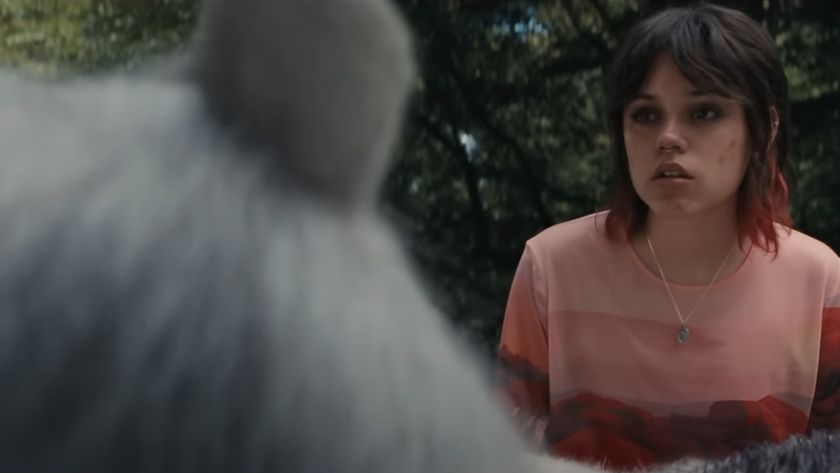
‘I Caught Jenna Just Spacing Out And Petting It’: Jenna Ortega And The Death Of A Unicorn Cast Had A Delightful Time With The Fantasy Creatures On Set
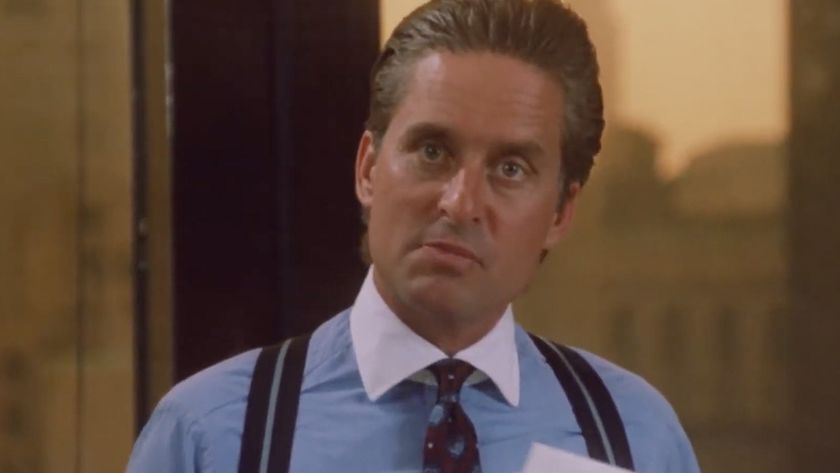
32 Movies About The Corporate World That Make Us Want To Quit Our Jobs
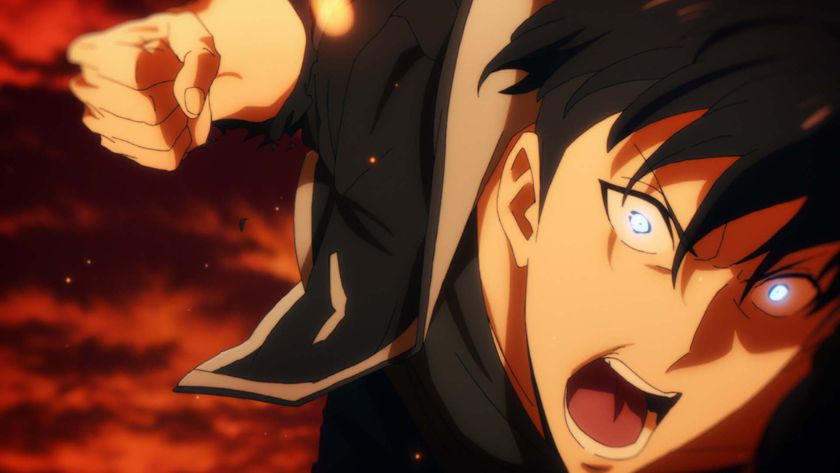
I'm Loving Solo Leveling Season 2, But I Have An Unpopular Opinion About The Main Character's Aura


